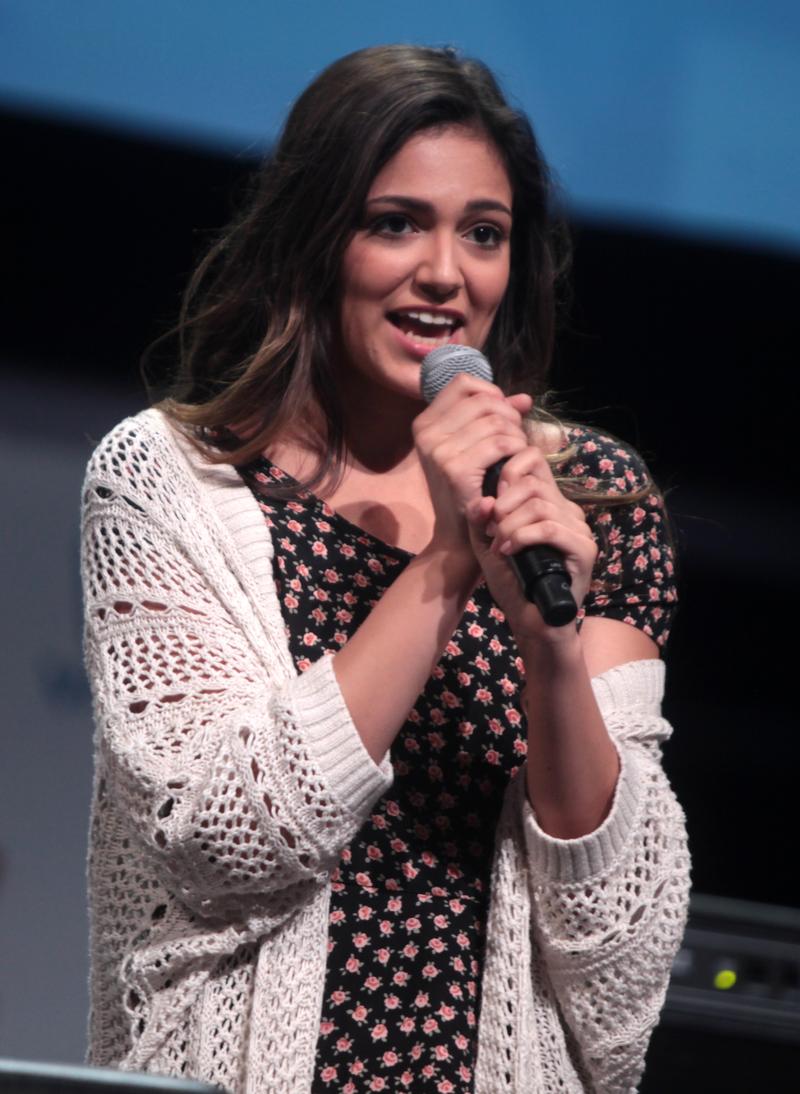
The Internet is, in many ways, for teens. From popular YouTubers to Instagram celebrities to Vine stars to bloggers, some of the biggest stars of the web are too young to drink. But how can a regular human child handle the pressure of online fame?
Over on The Hairpin, Jamie Lauren Keiles writes eloquently about the dizzying effects of having a popular blog, a book deal and the adoration of her college classmates – all before freshman orientation. Shortly after turning eighteen, Keiles started “The Seventeen Magazine Project,” wherein she spent a month living her life according to the high school bible. The response was enormous; publishing and television came calling, and soon Keiles had gone from unknown blogger to public figure.
Press inquiries piled up; after school I’d take the train into the city to talk with NPR or Q or whoever else had questions about what it was like to be a “role model” for the millennial set. I printed business cards on which I claimed the title “cultural critic.”
Keiles was asked to be an example for people in her own age, while trying to be her own age. Between the pressures of schoolwork, blogging and her thousands of Twitter followers, she developed tunnel vision, becoming consumed with her own “brand,” and developing “an ego the size of the internet itself.” Keiles was living her every moment online, for her fans, which, as you might recall, is not the traditional path to maturity
In the course of “real-life,” plots unfold slowly and self-understanding is gained through hindsight and protracted self-reflection. In the game of internet celebrity, players engage in a constant and self-conscious cycle of meaning-making, in which even the most mundane artifacts of daily life can be cast and recast as necessary elements in a continuous and consumable personal plot…. Change your profile picture, update your interests—the new you can be you today.
Through all this changing and tweeting and being and uploading, Keiles believed that someday her real and online lives would merge – that she would finally live “the unlived double life.” The myth that the appearance and reality of fame are ever one and the same is one of the most dangerous fictions about any kind of celebrity, but it is especially dangerous for a life lived on Instagram and Twitter, where the image is self-made. Finally, the stress of the attention and uncloseable gap became too much, and Keiles wisely sought professional help.
I read my own Wikipedia entry compulsively, contemplating death. To read a crowdsourced summation of your own worth is jarring, especially as a manic, self-obsessed 20-year-old. From every angle the answer was the same: get off the internet.
Eventually, as the article title “The Best Time I Vomited After Deleting My Twitter” implies, Keiles deleted her Twitter and got the hell offline. She admits that she is “still not a fully formed human,” but has learned “to seek validation from within.”
We’ve all seen what can happen to child stars of film and television – yes, they are often the product of showbiz parents and a crazy, unrealistic industry, but they are exposed to the unceasing attention, praise, and scrutiny that comes with living a public life. So why should the effects of fame on teen Internet celebs be any different?
Unlike child TV and film stars, who need parental permission, any web savvy kid can upload a video to YouTube or open an Insta account. And what supportive parent wouldn’t encourage their daughter to explore an idea like “The Seventeen Project?” The democratizing ability of the Internet to give anyone (of any age) the ability to create and be heard is one of its greatest gifts, duh and also obviously. But Keiles is right to note that these kids can be “teenage martyrs” – their childhoods held up as examples and not valued as actual times of learning, growth and completely valid screw-ups. Even the smartest of kids is bound to believe their own hype, causing them to turn inward at the exact moment they are supposed to be learning empathy. Instead of gathering the kind of experiences that would help them become who they want to be, these kids are defining and refining their brands, considering themselves as commodities, and calculating what will result in maximum likes, all at the expense of finding out what they like, and who they are.
